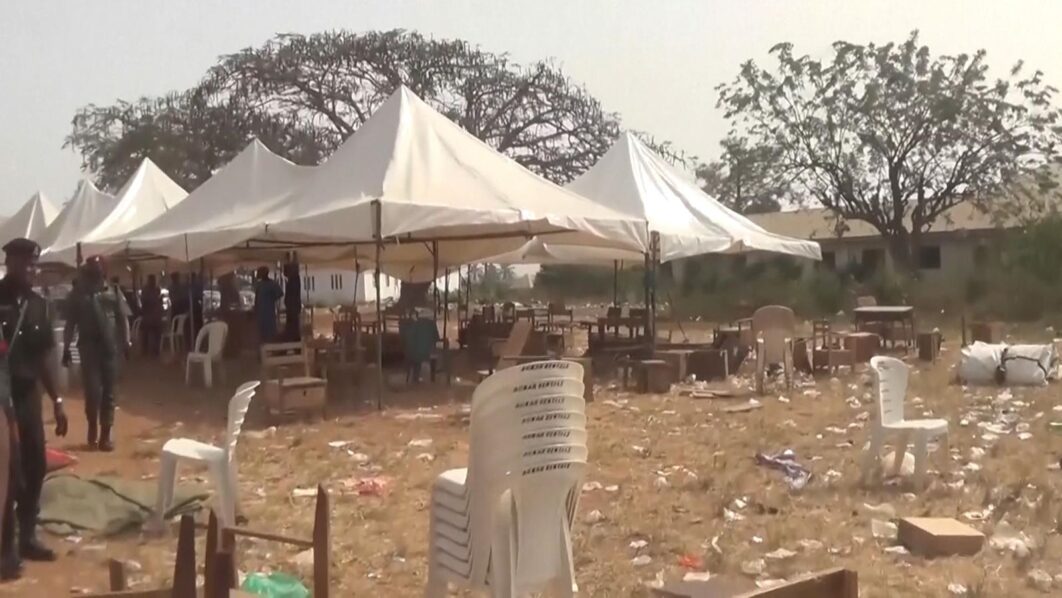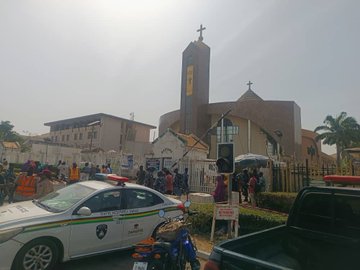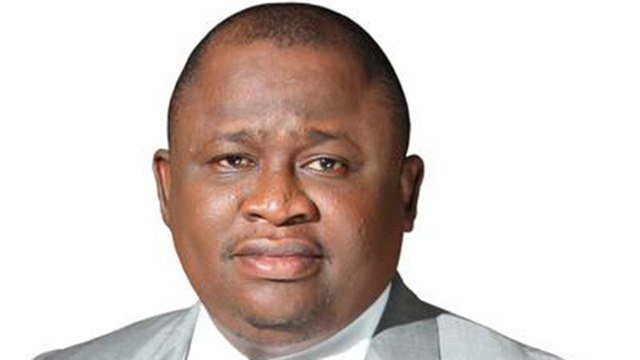
The recent tragedies at charity gatherings in the country, have in a very stark way exposed the nation’s dire economic crisis. Desperation has caused many families to risk their lives for basic necessities, transforming charity events that were expected to court public goodwill into deadly stampede scenes.
A Christmas to remember for all the wrong reasons
Three charity events just before Christmas saw at least 67 people lose their lives in a shocking series of incidents. Chaos broke out in many states including Anambra, Ibadan and Abuja where thousands went in a desperate bid to get food and clothing. In Anambra, 22 people died in a stampede. In Abuja, another 10 died in a rush outside a church giving out aid and in Ibadan, 35 children dead at a school fair.
People fought for limited supplies, witnesses said. “The pushing was relentless.“ A survivor from Lagos said: ”People were suffocating, it was like a nightmare.“ While these events have brought loss of life, they equally highlight that crowd management and safety protocols at such gatherings are extremely inadequate.
Economic hardship fuels desperation
Deeply intertwined with the myriad of challenges bedeviling Nigeria is the worsening economic chaos that Nigerians are experiencing. Economic hardship lies at the root of these tragedies. With inflation rate rocketing to 34.6%, families now see basic food items as luxury goods. Now a once affordable bag of rice has become more expensive than some households can afford to buy and they now resort to desperate means.

A pensioner, Mr Udo Etefia said: “The way people now scramble for food items is testament to exactly what is happening in the economy”. As Nigeria is faced with a government that continually fails to respond effectively to these issues, citizens feel abandoned, angry and desperate for survival
Calls for reform and accountability
Following these tragedies, there is an increasing need for charity groups as well as government leaders to be held accountable. Some pundits argue that the chaotic nature of these almost unmanageable events defines bad planning and weak or nonexistent oversight. “If these events were to be made into something that should be relief, and not something that will cause a death, there should be better organization and we should have better measures,” stated the Nigerian sociologist Dr. Grace Olamide, who emphasized the need for better organization and safety measures.
”I am shocked by the deaths caused by the event organizers. I’m going to make sure that they are brought to justice,“ the Minister of Humanitarian Affairs condemned. But clear doubts remain among citizens who have heard similar promises before and have never seen anything change.
A nation in mourning
Nigeria weeps for those victims of this tragedy and asks exactly how much more of this economic misery it can absorb. This festive season is one of mourning and reflection on the systemic failures that have brought this crisis about. This Christmas will remain a sad one for families who have lost loved ones in these stampedes.
A call to action
In this heartbreaking situation charity organizations and government officials must act now to make sure future aid efforts are conducted in a safe and efficient manner. In the face of the continuing mass hunger and unemployment, it is long overdue that those in power take logical steps to alleviate the root causes of hunger and inequality in Nigeria.
The tragic events at these charity gatherings serve as a wake-up call: Nigeria’s economic crisis will cost more and more in human terms without urgent intervention and reform!

Prevention of future tragedies on charity events in Nigeria; comprehensive solutions
In order to avert similar disasters with regard to safety of charity events in the future in Nigeria, it is important to find multi-faceted solution, which will include stakeholders, local and national authorities, and the community in general. The following solutions are proposed to help mitigate such incidents:
- Improved Security Measures: Charity events should be conducted within the boundaries of adequate safety measures that improve security. Heads of companies are advised to seek support of the police, other private security companies and the National Security Adviser. Smart security men should always be stationed in good vantage points from where insecurity is most likely to happen..
- Risk Assessment and Management: Organizers of charity event also have to assess all risks and threats the event is likely to pose while planning. That should involve looking at the risks involved from things like terrorism, and so on. This means that an appropriate security plan should be put in place to deal with these risks mentioned above.
- Coordinate with Local and Federal Governments: This would be one strategy to develop good cooperation with these agencies in case of threats, so timely actions can be taken. Second, it ought to enhance information exchange and reporting of available resources as well as efficiency of various security agencies.
- Regular Training and Drills: It is every organization’s responsibility of having trained human resource ready to render crisis and emergency management. They should also be drilled often with any type of calamity to avoid the worst should disaster happen.
- Strict Compliance with Safety Standards: The coefficient of the charity events should carefully adhere to the international safety measures and precaution measures to prevent the occurrence of accidents in charity events. Available facilities of quality first aid, keeping of important equipment in a good condition, and preventive measures taken to avoid fire in adverse effects, this covers.
- Engagement with the Community: We know that in charitable activities, the successful outcome requires the close cooperation with the community. The community should be involved in the planning process as the key stakeholder, including involvement of the community in identifying them as so. It will help solving social problems, gaining confidence to then the people will start owning the projects.
- Responsible Media Coverage: The media is civil’s most vital tool. Integrating media coverage in charity event will foster public sensitization on safety measures to expected from the people during the event and equally help to keep the outcome of an event on record. Also, it is important for media practitioners to be trained on how to handle disaster related reports. Training on how to report sensitive disaster related phenomena will prevent bringing out reports that could the crisis. As a result, media houses in particular that stumbled upon the event ought to find out from the organizers and security agencies beforehand to avoid unnecessarily precipitating a crisis.
- Public Awareness Campaigns: Awareness of charitable events and safety measures are thought to be increasing. That is why we should begin with launching marketing initiatives concerning the safety measures that people must take and the precautions that should be observed in order for the charities’ performance to be a success and safe.
- Review and Learning from Incidents: All catastrophic loss situations should be investigated for cause analytic of the occurrence and the possible prophylactic measures. This should ideally be done with the institutional support of all relevant stakeholders and would require the need for necessarily changes in relevant policies and practices.
- Insurance Coverage: Further organizers should have adequate insurance of cases of mishap or disaster may occur during the events. That will help eliminate financial risks that are likely to prevent release of aid to intended beneficiaries.
In the nearest future, no other tragedy should be heard again in charitable events in Nigeria. When we have appropriate risk assessment and management, security, community engagement and collaboration this preventable disaster would be averted. With such a perfect solution, charity events will still have the full effect of converting communities and helping the needy.
Iniubong Emmanuel Sam, a public commentator, is based in Uyo.






